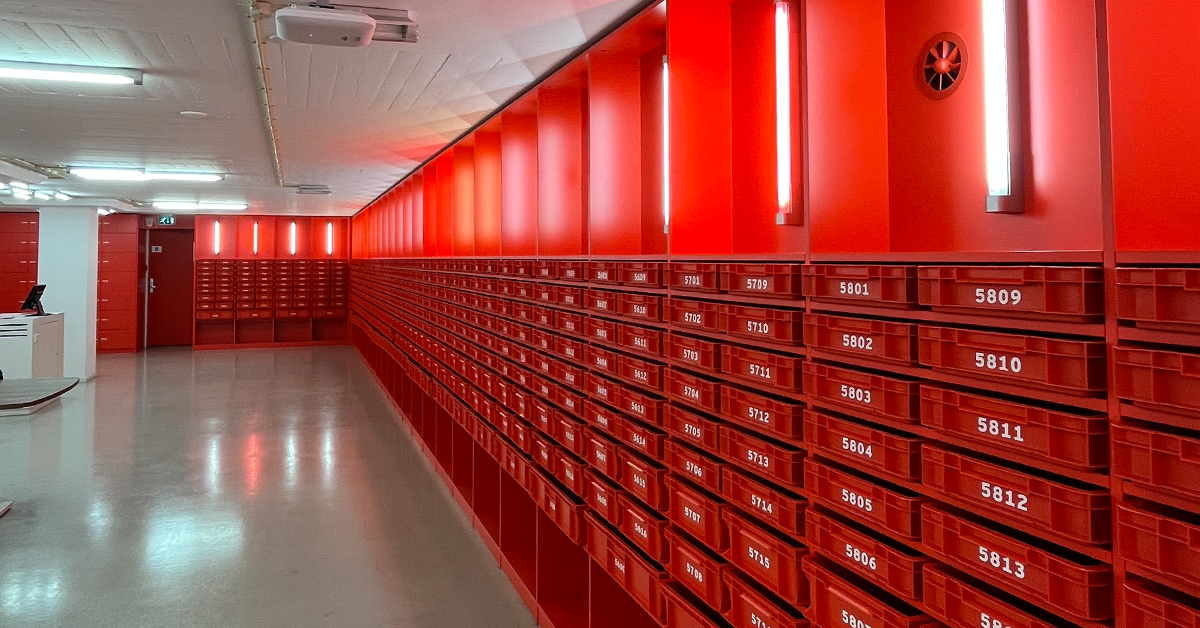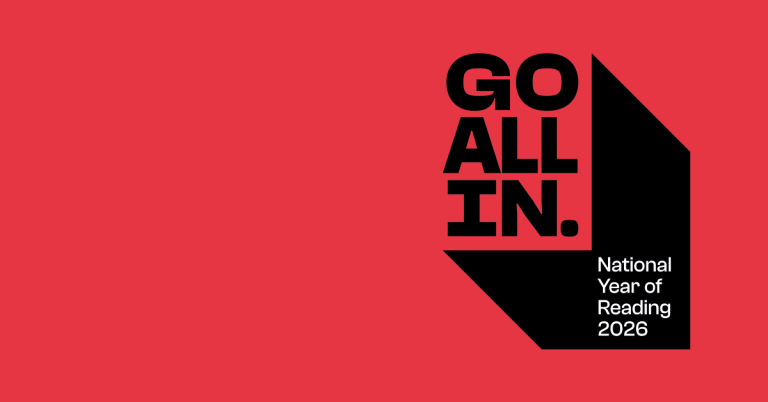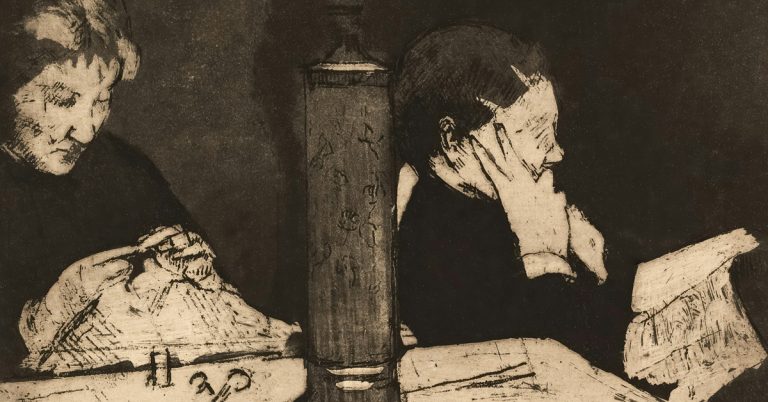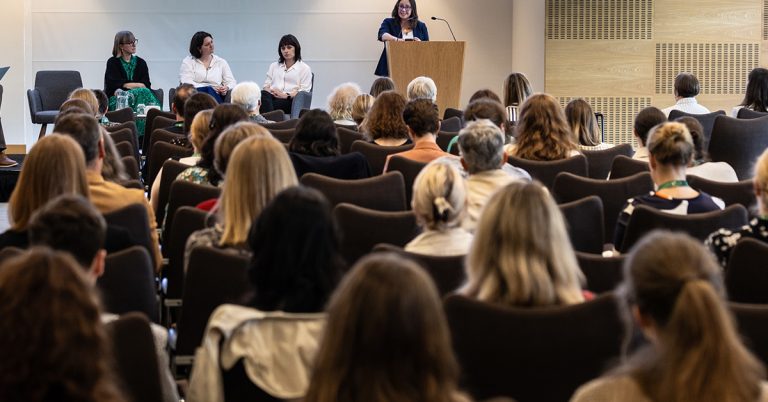
by Daniel Miele
In March 2025, I had the pleasure of visiting the Netherlands with funding from the Independent Publishers Guild, visiting two librarians and their institutions to learn about their history, current activities and future challenges. Through their valuable insight, the importance of libraries shone through as not only providers of history and knowledge, but also part of history themselves.
I met with Bart van der Steen, the Head Faculty Liaison & Services at Leiden University, in the main library café, in what felt like a fleeting return to my student days.
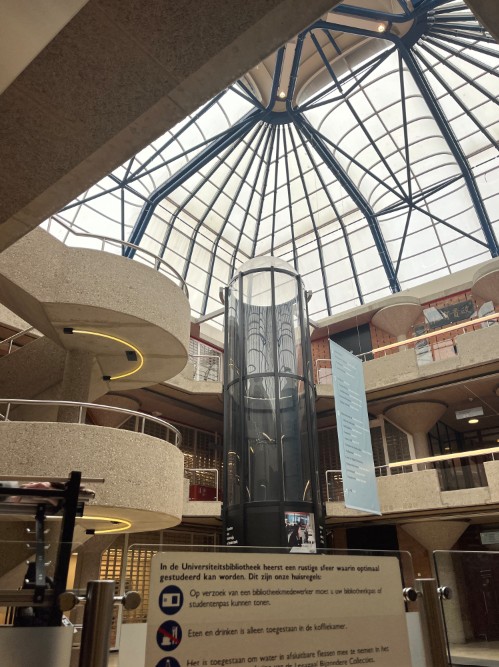
The library and its surrounding university campus are strikingly modern compared to Leiden’s largely original 17th-century architecture. Bart brought me on a walking tour of Leiden and the University. From the beautiful Hortus Botanicus garden, the oldest of its kind in the Netherlands, to the intricate brickwork of the original Academy Buildings (now used for PhD defences, among other ceremonies), we found ourselves opening up and learning more about one another’s challenges.
With the increasing demand of Open Access research, both publishers and librarians find themselves in a yet-to-be fully explored land of future scholarship. While it can start from the various Read and Publish agreements libraries make with publishers, it is becoming increasingly granular for some institutions. At Leiden, the ‘read’ element remains firmly with the library, while ‘publish’ is based in the academic departments.
However, funding is an increasing strain. For publishers, the search for equitable Open Access provision and the subsequent hunt for funding remain the big challenges. As Bart and I spoke, it became clear that our challenges are linked and that breaking down the barriers between publishers, libraries and researchers through collaboration and sharing our knowledge could be the solution.
Libraries and publishers all have the shared goal of delivering research to as many people as possible and furthering scholarship. I hope that this first meeting brings a fruitful and collaborative relationship and we enable the continuing tradition of libraries as history holders and makers.
I then made my way to Amsterdam, which is where I met with Pascal Brrak, Open Access Specialist at the University of Amsterdam. He took me on a quick tour of the library, including seeing the brilliant red room where hundreds of red crates line the walls of the postmodern minimalist room for book collection.
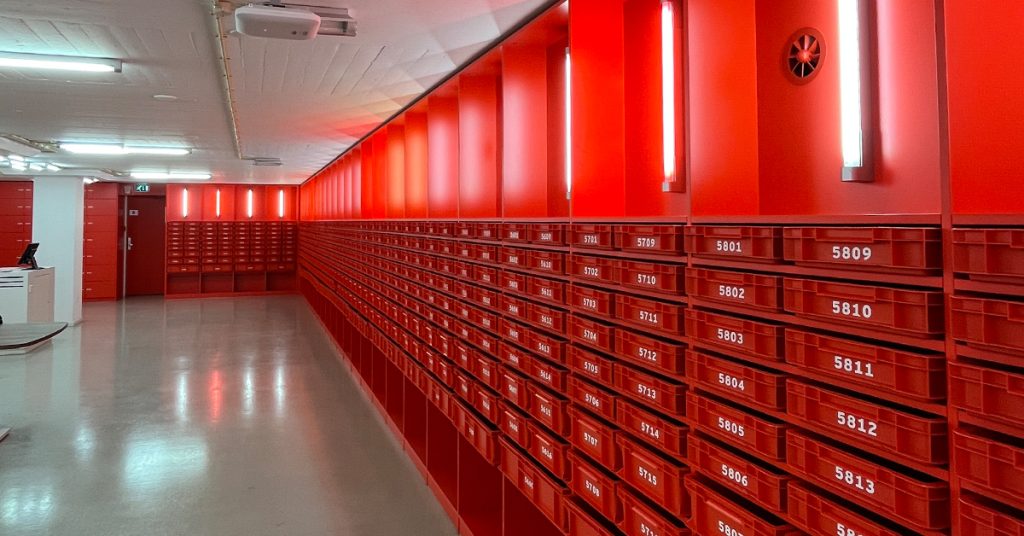
Throughout our conversation, we touched on many similar points to those brought up with Bart in Leiden. The benefits of Open Access Books and Journals publishing for researchers, the increased financial strain and workload it brings for the library, and the challenges publishers face in finding a model that enables us to give researchers these options while continuing to be financially viable and equitable for all involved. By opening up pathways of communication, we find common ground and can start building new ways to support one another.
As Pascal and I approached the new library to say our goodbyes, I was met by the façade of the newly erected building. In bronze coating, a line from the Dutch writer Martinus Nijhoff, who once taught at the university, states: “But do read, it doesn’t say what it says.” Reflecting on my trip, I find this to be a very apt quotation. A publisher is not just a place that outputs books and a library is not just a place that lets people read them. There is much more to the relationship and as initiatives like Open Access create further ties between us, we must always keep in mind how libraries serve as both a keeper and a maker of history.
Daniel Miele is the Key Account Manager for EMEA & APAC at Edinburgh University Press.



